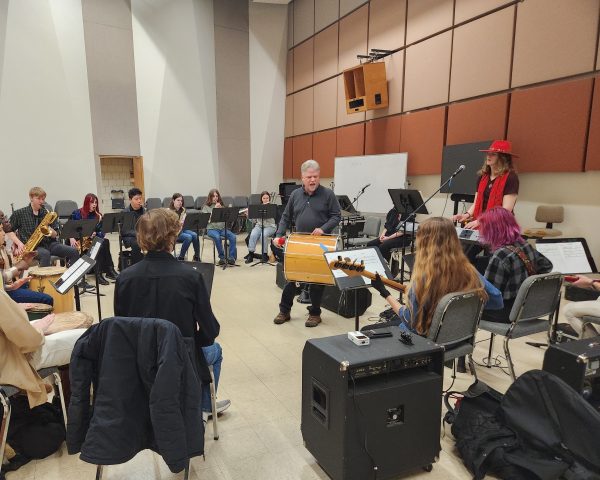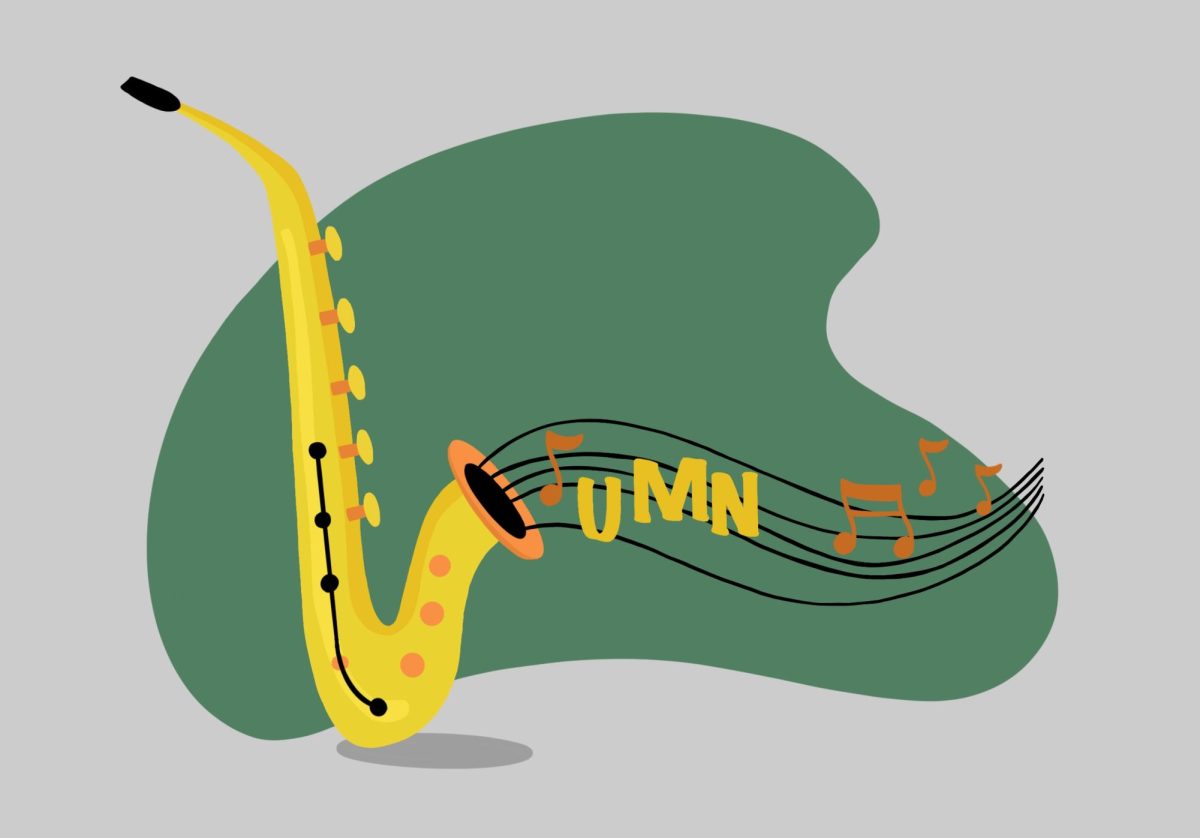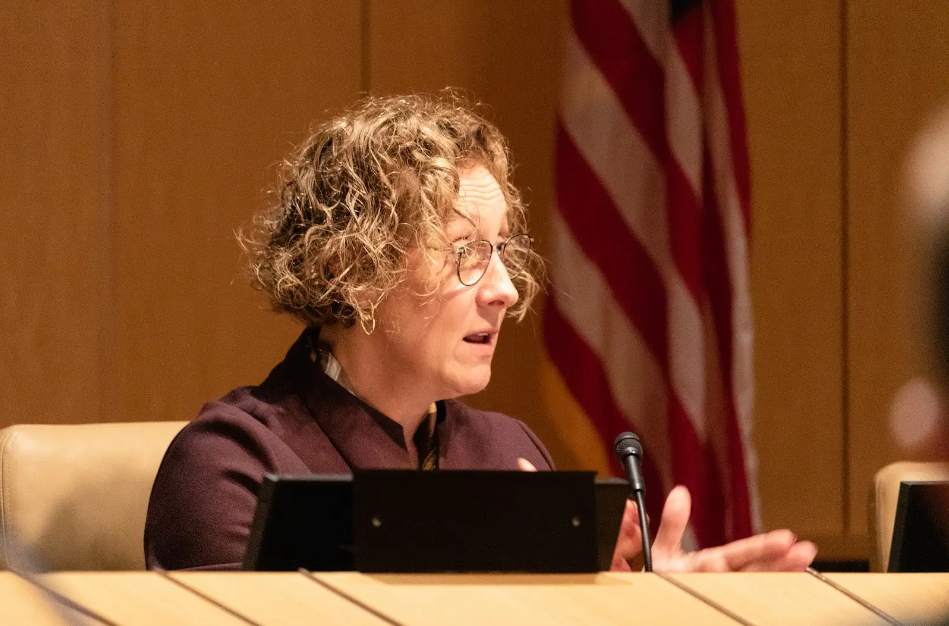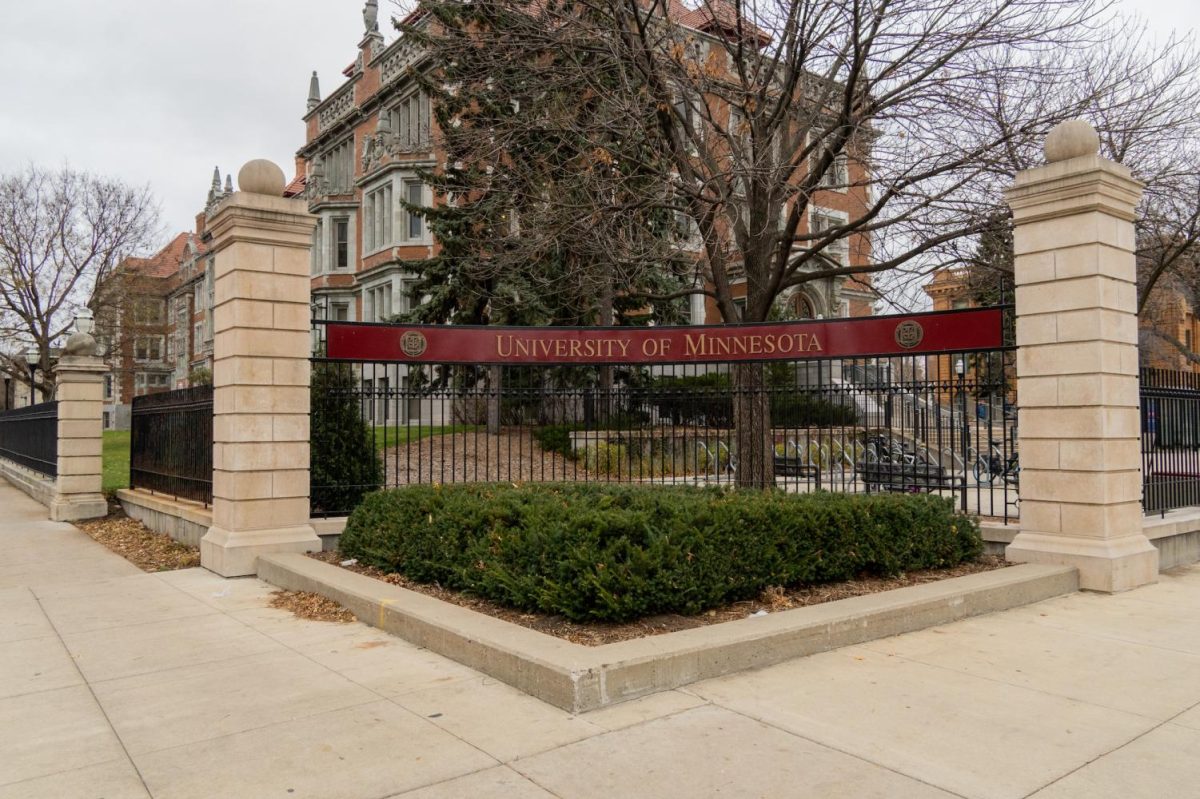The University of Minnesota School of Music (SoM) has been expanding its curriculum by diversifying the music being taught and creating opportunities for students without classical training.
The SoM has introduced into its curriculum two new minors, which focus on students participating in ensembles and shifting away from traditional Western music. Some faculty say they hope these changes will attract more students to enroll in the school.
Patrick Warfield, the new director of the SoM, said almost every school of music in the country was founded upon teaching mostly Western classical music. However, over the past two decades, the field of music has seen a change to include music from around the world.
“You need to have the ability to engage with other musics around you,” Warfield said. “Because [musics are] not as siloed as they once were.”
Warfield said the SoM’s central focus still remains on the bachelor of music degree, which is responsible for bringing in the most students who perform at the highest levels. However, the school is expanding the amount of musical experiences that these students have access to.
One initiative being taken to expand options is removing audition requirements for newly added minors and ensembles, Warfield said.
Scott Currie, an associate professor who specializes in ethnomusicology, said Warfield has done a lot to expand and support diversity in the SoM. Through Warfield’s leadership, he said, the school has been looking for ways to build upon pre-existing infrastructure to offer more diverse options that reflect students’ needs.

According to the SoM’s website, ethnomusicology is the study of music within its social and cultural contexts.
“It’s just great to have a director who says, you know, ‘I’m a big reggae fan,’” Currie said.
Currie said one of the efforts within the SoM to build upon its diversity has been the introduction of the world music minor, which launched in the fall semester of 2020 during the COVID-19 pandemic.
“We launched it, as you can imagine, at pretty much the worst time,” Currie said.
According to Currie, the world music minor requires no audition and no musical training, making it an alternative to the original music minor, which requires students to audition with faculty and take courses that require some background in musical training.
For the world music minor students must take one foundational course, four electives in music studies and five semesters of two different ensembles or more. The ensembles include the gospel choir, Javanese gamelan, African drumming, steel pan ensemble and Currie’s world music ensemble, which plays reggae, ska and rocksteady.
Alyssa Barna, an assistant professor who specializes in music theory, said the SoM introduced the ensemble music minor at the beginning of the 2023 fall semester. Like the world music minor, the ensemble music minor does not require auditions.
According to Barna, enrollment in ensembles is very strong, although many of the musicians are not music majors. In the University’s marching band, a popular way for students to get involved with music, Barna estimated around three-fourths of the band are non-majors.
“The ethos that we’re going for at the undergraduate level right now in music is trying to get more folks in the door,” Barna said. “Because everybody likes music.”
Warfield said the SoM has been leading the changes occurring across the country in other schools of music since the Global Creative Studies program began over a decade ago. The program is a collaborative effort between scholars and composers from around the world that encourages creativity and experimentation in music.
“What I often tell people is that it’s not about taking a spotlight and saying it used to be on Mozart, let’s put it on Prince,” Warfield said. “It’s to take that spotlight and make it so it can encompass both worlds.”














Bob Mecum
Apr 22, 2024 at 2:44 pm
I think I enrolled 3 years too soon. I would have loved to learn more about these new areas with professor Currie and Barna!